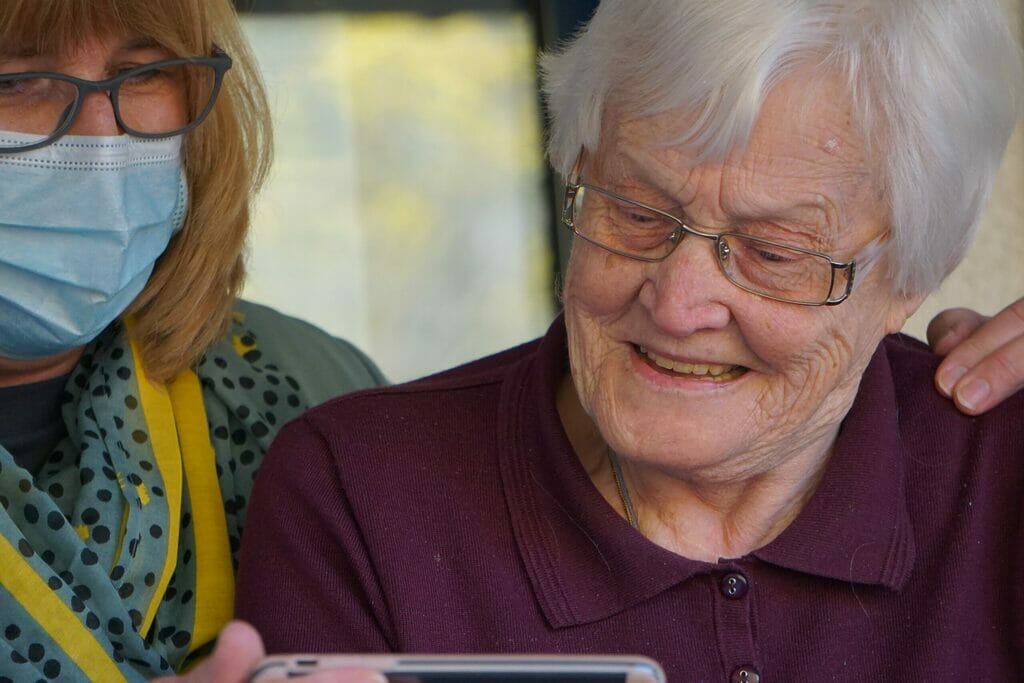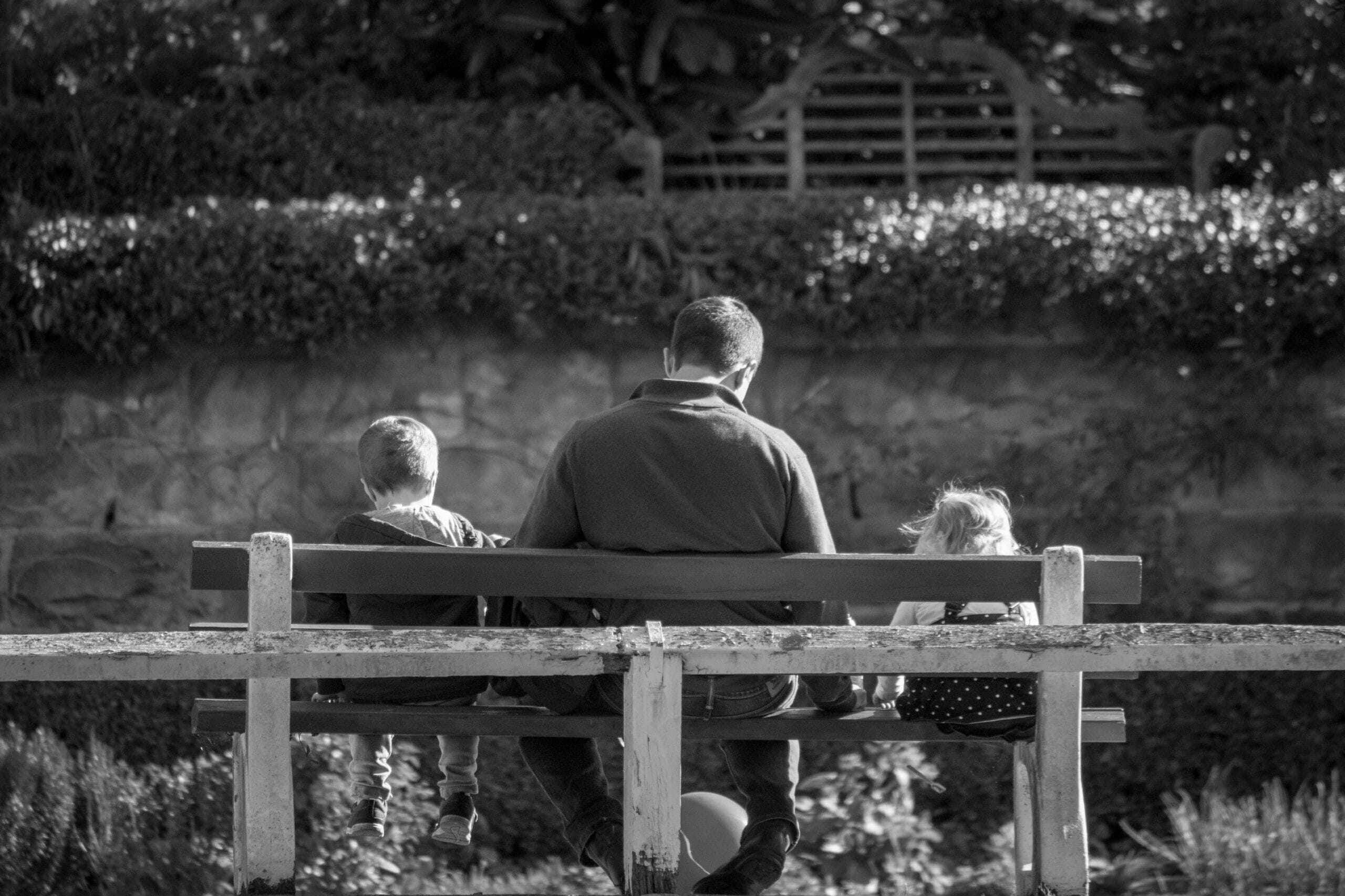German widow’s pension & survivor benefits
German pension: Survivor benefits (Hinterbliebenenrente)
The survivor’s pension in Germany is a financial support for the next of kin of a deceased pensioner. It is based on a fixed percentage of the pension the deceased was receiving or should have been receiving. The exact amount of this pension is based on similar criteria as the deceased’s retirement pension.
In this case, it is paid by the competent pension insurance company, the same institution that was responsible for paying the deceased’s pension. Anyone wishing to claim a survivor’s or widow’s pension should contact directly the competent pension insurance institution in the state of the deceased’s last place of residence or work.
It should be noted that applying for and processing these pension benefits can sometimes be time-consuming, especially if international or foreign authorities are involved. Unfortunately, pension insurance offices are often busy, which can lead to longer waiting and processing times. It is therefore advisable to carefully compile all necessary documents in advance and seek advice if necessary.
How is the survivor’s pension calculated?
The amount of the survivor’s pension is usually calculated as a percentage of the pension the deceased was receiving at the time of death or would have received if the pension had started. This percentage may vary depending on the type of survivor benefit (e.g., widow’s or orphan’s benefit) and other individual factors.
Do you need help with applying for a survivor’s pension? Contact us today for a consultation!
German widow’s pension (Witwenrente)
The widow’s pension in Germany is divided into two main categories: Small Widow’s Pension and Large Widow’s Pension. Both are designed to help the surviving spouse or partner, but they differ in duration, amount, and eligibility requirements.
Small widow’s pension:
- Definition: it is a temporary financial assistance granted to the surviving partner after the death of the insured.
- Duration: this pension is paid for a period of up to 24 months after the death of the partner.
- Amount: it is 25% of the pension that the deceased partner would have been entitled to at the time of his death or when he became eligible for the pension.
- Requirements: The deceased partner must have paid into the pension insurance for at least five years (general waiting period). However, there is no age limit or conditions regarding the raising of children, if any, for entitlement.
Large widow’s pension:
- Definition: designed to provide long-term financial security and to support the surviving partner over a longer period.
- Duration: Unlike the Small Widow’s Pension, the Large Widow’s Pension is paid to the surviving partner for life.
- Amount: In Western Germany, it is equivalent to 55% of the deceased’s pension, and in Eastern Germany, 60%.
- Requirements: The eligibility requirements are more complex. As a rule, the surviving partner must have reached the age of 45 or be incapacitated for work or raising a minor child.
How high is the widow’s pension, and how does the pension adjustment affect the calculation?
The amount of the widow’s pension in Germany varies according to region and gender. Current averages show that women receive a widow’s pension of 684 euros in the western states and 747 euros in the east. Men, on the other hand, receive an average of 338 euros in the West and 474 euros in the East. It is important to note that these amounts represent averages and may vary individually depending on each case.

The pension adjustment, which takes place annually on July 1, plays a crucial role in adjusting these values. This adjustment is based on the development of wages and salaries, as well as other economic and demographic factors. For example, on July 1, 2023, a pension adjustment was made that impacts the amount of the widow’s pension. In concrete terms, this means that if pensions are increased, the widow’s pension will also increase accordingly. Thus, the above averages may be higher or, in rare cases, lower next year, depending on the general pension adjustment.
What is the difference between survivor’s and widow’s pensions in Germany?
While the survivor’s pension is a general benefit for the deceased’s dependents based on the pension amount of the deceased, the widow’s pension refers specifically to the surviving spouse or partner.
Thus, the survivor’s pension can also be paid to other family members, such as children, while the widow’s pension is intended exclusively for the life partner or spouse.
Who is entitled to a survivor’s pension or widow’s pension?
In the event of a death, there may be financial uncertainties in addition to the emotional burden. However, in Germany, the pension system provides various support mechanisms to help survivors during these times. These benefits include the survivor’s pension and the large widow’s pension.
Eligibility survivor benefits
The survivor’s pension is granted to the next of kin of the deceased and is equal to a certain percentage of the pension that the deceased received or would have received. It is approved by the same authority that would have processed the deceased’s pension.
It is important to note that this pension is primarily intended for those who are financially affected by the death of their partner. These may include widows and widowers, as well as children of the deceased. In the case of minor children or children who are still in school or vocational training, there are additional regulations regarding the half-orphan’s pension or the full-orphan’s pension.

Eligibility widow pension
The large widow’s pension, on the other hand, is intended specifically for the surviving spouse or partner. In principle, entitlement exists if there was a marriage or civil partnership of at least one year until the partner’s death.
However, there are exceptions, such as in the case of accidental death, where this period is not taken into account. An essential requirement is that the deceased partner must have completed the minimum insurance period, also known as the waiting period, of five years. This includes, for example, months in which contributions were paid from employment. If the surviving partner remarries, entitlement to the large widow’s pension ceases, but there is then an entitlement to a pension settlement.
It is important to note that the exact conditions and rules may vary from case to case. If you are in any doubt, it is advisable to contact the German Pension Insurance or a pension advisor directly.
Is a survivor’s pension subject to tax?
In Germany, the survivor’s pension is taxable, similar to other pension benefits.
However, not the entire amount of the pension is taxed. There is a tax-free portion, the amount of which depends on the year in which the pension begins. This percentage varies depending on the year in which the survivor’s pension was first drawn.
From 2040, the taxable portion will be 100% for new pensioners. However, for pensions already started before that date, the tax-free portion, once determined, will remain the same for life. In order to avoid any tax disadvantages, it is therefore advisable to find out about the tax-free portion at the start of the pension and, if necessary, to file an income tax return.
Consideration of income for the survivor’s pension:
If you have other income in addition to your widow’s, widower’s or parent’s pension, it is important to know that above a certain tax-free amount, 40 percent of this income will be offset against your pension. An exception to this is the so-called “death quarter”.
There are different types of income that are considered for the survivor’s pension:
- Income from an active occupation.
- Income in lieu of employment, for example unemployment benefit I, sick pay or pensions from statutory pension insurance.
- Investment income, including interest income from your assets, gains from disposals and rental income.
- Company pensions or company pension plans.
- Pensions from private insurance policies such as life insurance, pension insurance or accident insurance.
- Parental allowance.
- And comparable income from abroad.
However, there are exceptions where certain income is not taken into account. This mainly concerns cases where:
- the deceased spouse died before 2002.
Or if the spouse died after December 31, 2001, but the marriage was contracted before 2002 and at least one partner was born before January 2, 1962. - Details on how income is credited to survivors’ pensions are also available as a brochure from Deutsche Rentenversicherung here.
The death quarter (Sterbevierteljahr): What does it mean for surviving dependents?
The so-called “death quarter” refers to the period of three months immediately following the month in which a spouse or partner dies. During this quarter, survivors receive the widow’s or widower’s pension in full, based on the deceased partner’s pension entitlement.
An important aspect of this is that during this period, the survivor’s own income is not counted toward the pension benefit. This arrangement is intended to help survivors prepare financially for their new circumstances after the loss of their partner, and to support them during this challenging phase.

How do you apply for a widow’s or survivor’s pension in Germany, and what do you have to look out for?
In times of loss of a loved one, formal aspects must also be considered. One essential point is the application for a widow’s or survivor’s pension. This is a support benefit from the German pension insurance, which serves to at least partially compensate for the financial loss caused by the death of the spouse or partner.
Necessary documents:
First of all, it is essential to contact the responsible office – the German pension insurance. There are special application forms for this purpose, which must be filled out carefully and completely. Several documents are needed to process the application correctly:
- Proof of identity of the survivor: This can be an identity card or passport.
- Death certificate of the deceased: This serves as official proof of death.
- Pension insurance number of the deceased: This will facilitate and expedite processing.
- Marriage certificate or partnership certificate: it confirms the legal status of the relationship with the deceased.
If the deceased partner was already retired and receiving pension benefits, the full retirement pension will continue to be paid for the month of death. The widow’s or survivor’s pension will not be paid until the following month.
The situation is different if the deceased was still working: in this case, payment of the widow’s pension begins immediately from the day of death.
To avoid financial disadvantages, it is advisable to apply as soon as possible after the death. The German pension insurance takes retroactive claims into account for up to twelve months. However, it is crucial to submit all necessary documents correctly and completely when applying. Incomplete or incorrect applications can lead to delays or, in the worst case, even be rejected.
Personal counseling, either directly from the German Pension Insurance or through independent counseling centers, can be helpful in understanding the application process and meeting all requirements. This can ensure that support is granted quickly and easily during this difficult time.

Applying for a widow’s pension or survivor’s pension from abroad:
If you live abroad or want to claim pension benefits based on foreign pension payments, the application process for widow’s or survivor’s pensions can be particularly challenging.
Not only are many foreign institutions difficult to reach, but they are often not sufficiently familiar with the subtle nuances and regulations that must be considered when making international pension claims.
This can lead to significant communication barriers and administrative challenges. Instead of struggling through this bureaucratic jungle alone, it makes sense to turn to professional support.
Our experts and specialized attorneys are on hand to ensure that your applications are not only processed correctly, but also in a timely manner. Rely on our years of experience and let us work together to find the best path for your claims.
Need help navigating the often complex pension or survivor claims process? Or do you have specific questions about widow’s or survivor’s pensions?
At Fundsback, we’re here to help and advise you. Our experts not only offer comprehensive advice, but also ensure that your applications reach the relevant authorities on time and in the correct form. In addition, we carefully check all required documents for completeness and correctness to avoid possible delays or rejections. Trust our many years of experience and expertise – we will ensure that you can claim the benefits to which you are entitled without any hurdles.
Ready to claim your German pension benefits? Contact us today to get started!




